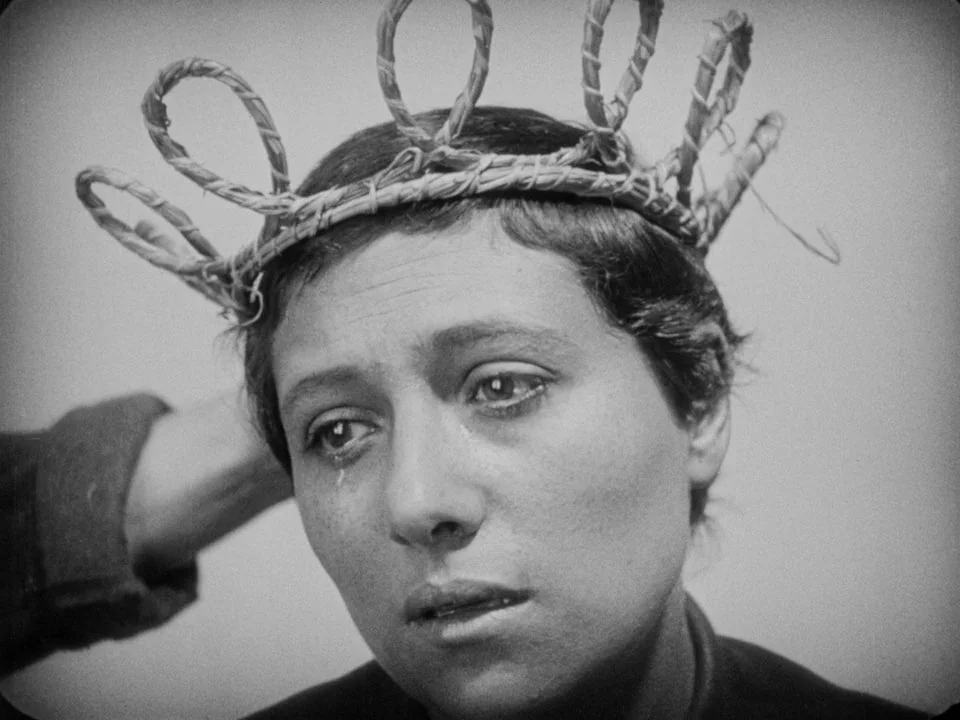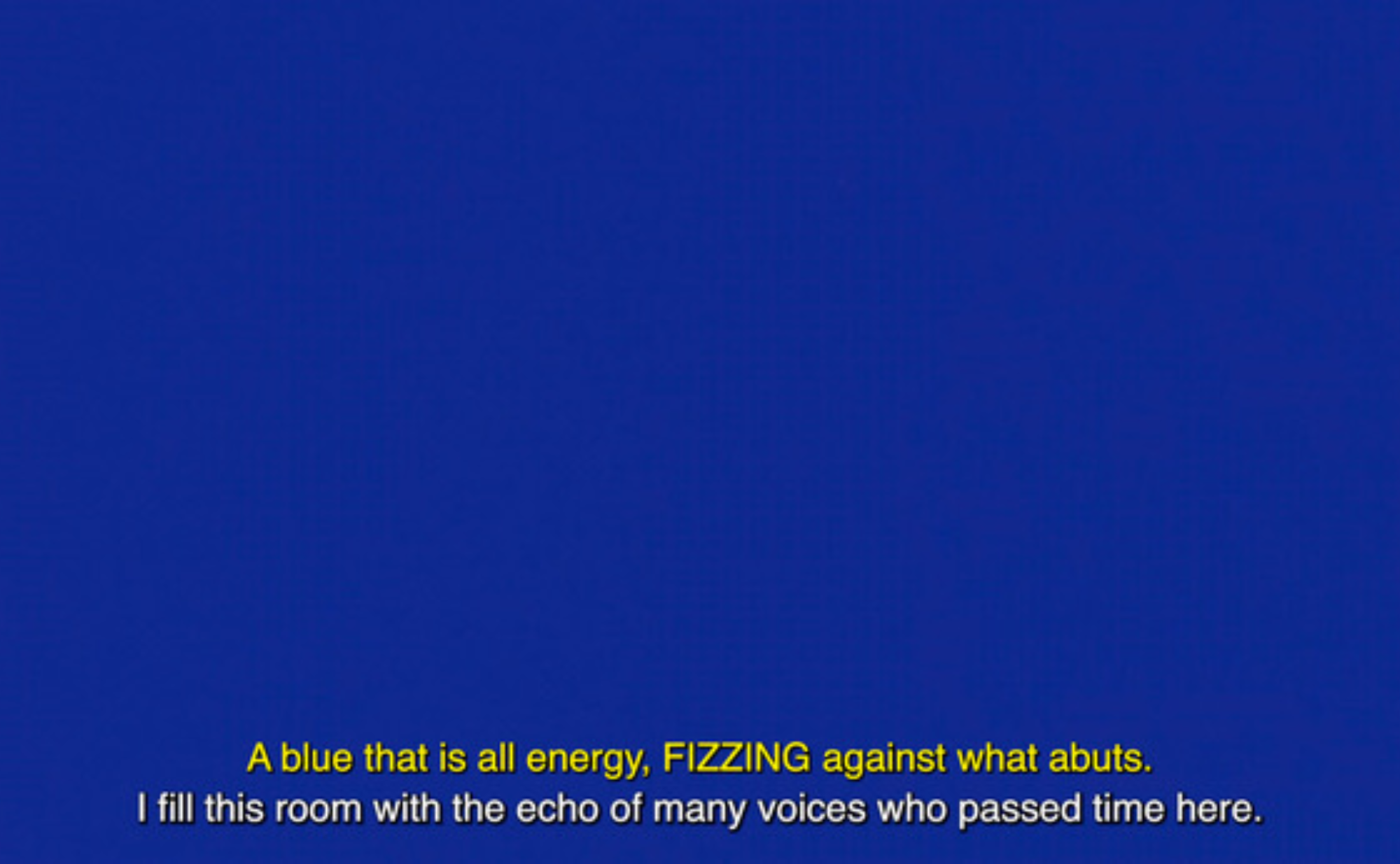
7. Everything is Fine
December 2-5, 2024
Everything is Fine, but I’m maybe more of a careerist than I’d like to be.
I'm not really all that interested in writing about cancer. I also don't feel I've earned it. But I am interested in unpacking having to really consider my mortality in a material way that isn't purely rooted in anxiety but something tangible. (From the future: I’m okay!)
My knee-jerk thoughts on hearing the probability of a cancer diagnosis were about my film and my unrealized body of work. Then it was my family and friends, and then it was feeling a little guilty for not thinking of them first. Once the guilt passed, I went back into survival mode, which for me manifested itself as “how do I get the film made, and if that isn’t possible, what do I do? Write a book? About what? Can I write a book?” But this was a cycle I'd already experienced when receiving test results and the subsequent phone call that I would need what is called a radical orchiectomy. I had been through that rhythm and progression before and knew I was about to go through it again.
And then there’s the need to unpack whether that's because I'm a careerist who wants to “win” at my game, or it's because making movies is my most articulate means of engaging with the world; a form of speaking, and I haven't done enough speaking yet. Which I would imagine is a common reaction to most people hearing they likely have cancer. I haven't seen or done enough, but for a certain type of person, I haven’t said, expressed enough. I have to check myself again, is this ego? I think everyone deserves to speak, but does anyone deserve to be listened to? Before all of this, I would have to routinely remind myself that, no matter what I put into my work, I didn't inherently deserve the career I envisioned for myself, because it's not a right or something that I'm entitled to.
Nobody deserves cancer, but at the same time, why not me? This isn't just something that happens to “other people”. Through cinema, I've always wanted to bring an experience to other people; maybe it's uncouth or showing some manipulative side of myself to admit that I want to move people, galvanize people; give them an experience that will allow them or maybe even cause them to simultaneously look inwards and outwards. I also don't think a movie works if it doesn't work for the director—even when a decision rejects narrative logic or continuity, if something viscerally makes sense to the author it'll most likely make sense to the viewer too; I have to go inwards to reach outwards. For an experience that is incomplete until it's engaged with by other people, it's one of great interiority. It's about me as much as it is about “other people”. As much as it's about “speaking”, it's a way of making sense of the world, as I am using the medium now to make sense of my illness.
(Was this ever *not* going to end up being about movies?)
So much of film is considered with the ephemeral, the transient; film critics all through the 20th century and beyond titillated themselves invoking ghosts and the metaphyisical and as much as I may poke fun at some of the melodramatic language, it's all true, and why shouldn't it be melodramatic? I have relationships with people who died before I was born that are deeper than many of the relationships I have in my actual life. That ephemeral quality that allows a moment to be frozen in time lends itself to a film-as-an-afterlife sense of spirituality for agnostics that only feel any sense of divinity through art like myself, but for all your Carl Dreyers and Bressons and Ikirus and as deep as the list of classic, canonical works that grapple with the permanence of death may run, this was the first thing that I thought when driving away from that surgery phone call: I've always turned to art in moments of crisis in the way that many people turn to books of faith, but like anything in our world, nothing has been actively made by someone on the other side of being alive.* Call it an outlook or call it a coping strategy, but for the first time it felt like making or finding sense via cinema fell a little short.
Is Carl Dreyer the most “death”-y director in cinema history?
I’m probably jumping the gun here. I started ruminating on art as survival and art as resistance the morning of the presidential election, and I probably should have waited until we knew the results for my thesis (or, if we're being honest, many half-baked theses being conflated into one larger piece) to crystallize. Yet again, I'm waiting for results, and I can't help but start to unpack the last few weeks. Outside of my symptoms that were just directly addressed via surgery, I feel great, and I hope that counts for something. The illness I likely have is highly treatable and the word “cancer” is likely scarier in of itself than the actual prognosis (another note from the future: this has turned out to be kind of true, at least in my eyes). I've outlived Jean Vigo and every member of The 27 Club. I'm very lucky, but unlike Jean Vigo, I still haven't “spoken” my L'Atalante to the world, and main character syndrome be damned, that's going to keep me going through whatever comes next.
But hit me with another crisis in 20 years and I'll probably have the same answer of not having yet made my [insert masterpiece here] yet. I will always be chasing the film I have yet to make, and while I so badly want to scream “but this one is different”, I don't know if it is. Doesn't mean I'm not going to push Transmission into existence via sheer willpower even more than I was before.
As I was recovering from surgery and staring down a deck of Uno cards to remind myself to have a sense of humor about all of this, I rewatched Alice Rohrwacher's La Chimera, which left such an impression on me when I saw it at the New York Film Festival that I typed down one of these types of journal entries on my phone riding the subway home sometime after midnight. I made the connection of thinking about cinema as a form of excavation, and revisiting the film, I realized that looking at cinema as an experience of excavation or archeology or even grave-robbing is something that I connect a bit more with than thinking of it as something more ephemeral. Because films are objects. I’ve mentioned the experience here of watching Wings of Desire at Metrograph a few years ago and realizing that it was technically possible that I was watching the same battered 35mm print that I first saw as a 14 year old. Cinema is as much about artifacts and boomerangs as it is about ghosts; The Mother and the Whore is as much a kylix as it is carrying the spirit of Jean Eustache and everyone whose work he sucked up and spat out into telling his own story.
My hope is that I'll look back on this piece and feel silly or embarrassed for having to do this deep dive on mortality and spirituality through cinema when that may have never been at stake. But I don't know, truly, and the purgatory is the worst part (well, maybe not worse than the maybe-cancer, but we're getting into the maybes as I invoke spiritual language once again). Maybe this is all a form of a protection; a shield from what is or isn't to come. On top of its many other functions, I may be using cinema as an escape, because a place where you can “make sense” is a place of refuge from the questions in life that do not have any answer beyond “because”. Not everything happens for a reason—I would posit that most things do not—but we can still unpack and find meaning in anything, and there's comfort in that.
(*There are many examples of people facing certain death making great works of art, like Derek Jarman's Blue, or works of art that have been finished or executed posthumously—some even left unfinished and “excavated” decades later. For the sake of this piece I'm thinking of things that would be wholly conceived of and executed after having experienced death—impossible, which is kind of the point.)
“These things weren't intended to be seen by human eyes but those of souls”, says Carol Duarte's Italia in La Chimera. Above, a moment from Blue, a film Derek Jarman made as he was losing his eyesight due to AIDS.
Picking up this entry a few days later: while the confirmed diagnosis is (was?) testicular cancer, the doctor thinks surgery has probably taken care of it. I'll see an oncologist for a while and do CT scans to monitor, but I most likely will be able to skip chemotherapy and move on with my life. As far as cancer goes, this is a probable cake walk, and in retrospect, the above feels a little melodramatic—like seeing a drunk text in the light of day, or someone (me) trying to be Annie Ernaux in the face of something “important” happening in their life, so as tempted as I am to keep this one private, I'm still going to share, because it is an accurate reflection of how I was feeling riding this very specific rollercoaster—and also a likely indicator of the Eat-Pray-Love phase of my life I'm about to enter (a book I have not read nor movie I have seen) that will likely have some kind of tangible bearing on my work and output. I'd already spent a year writing about making this movie by whatever means necessary, but I'm feeling especially ready to put my (lack of) money where my mouth is.
I'm re-reading what I wrote a few days ago, and I don't think I ever really crystallized that ephemerality and corporeality are two sides of the same coin that is cinema, though I suppose you could say the same thing about music and maybe all art. I listened to a Pharoah Sanders record last night that very much feels like lightning in a bottle; live, improvisatory—a ghost becomes an object to be held and spun and grown around, but it's still a ghost, even on the very real vinyl I can feel or even break with my hands. I'm not sure why this fairly basic idea comes as a comfort after what was hopefully a largely psychological brush with mortality. Maybe it's because the impermanence and permanence of art made in a “live” way are tangled in a way that can't be separated and there's a lesson to be learned in that. If someone wants to point out what that lesson is, I'd be very grateful, because I'm not sure what it is myself.
…also, I have not outlived Jean Vigo - he was 29, not 28. I've still got a few months!
(And truth be told, I haven’t watched L’Atalante since high school. I’ll fix that soon.)



